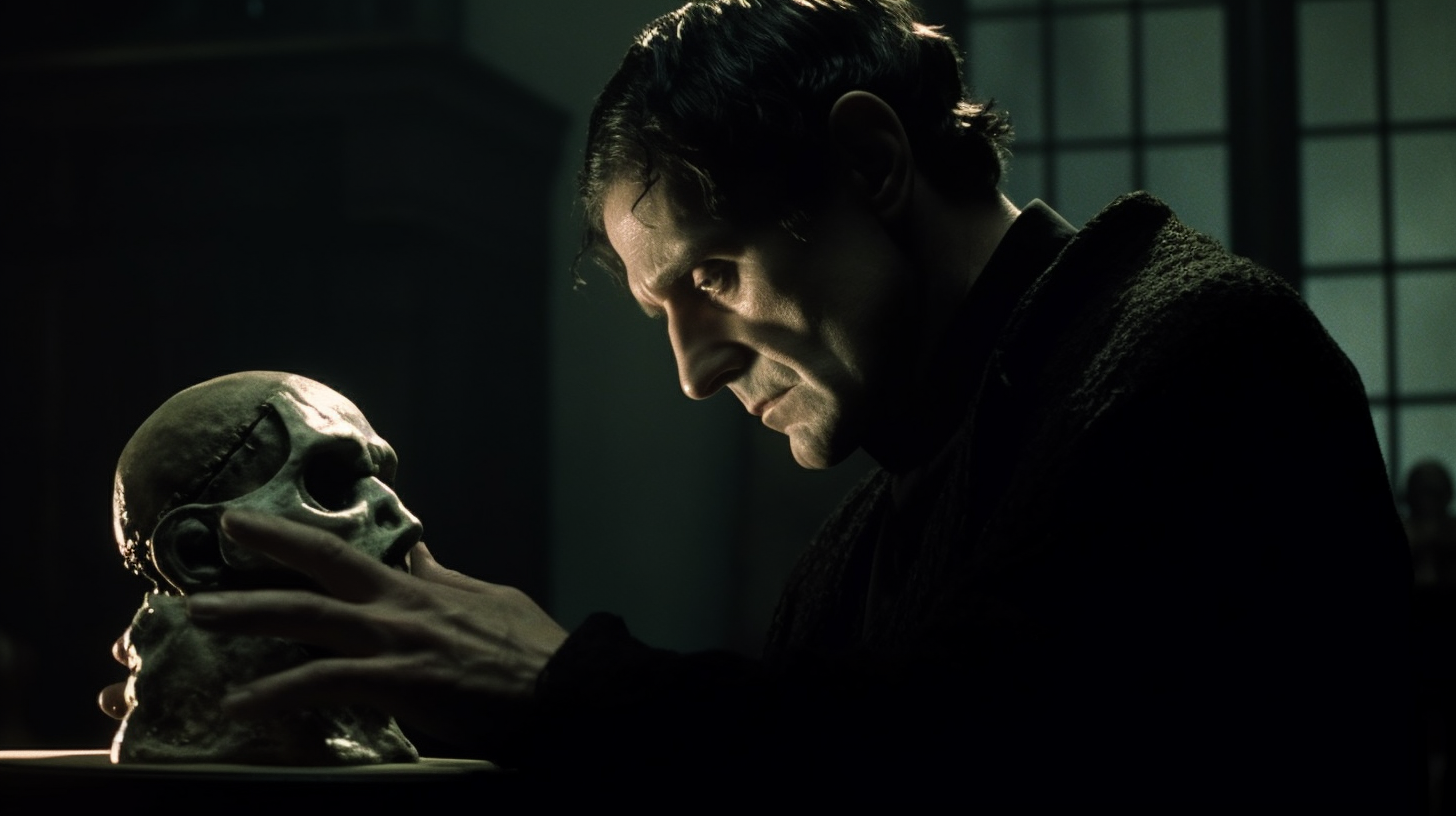The Moral Responsibility in Mary Shelley's Frankenstein
In Mary Shelley's Frankenstein, we uncover a profound exploration of moral responsibility. Within the pages of this seminal work, we are confronted with the consequences of humanity's relentless pursuit of knowledge and the dangers in the uncharted territories of scientific ambition.

Shelley's narrative revolves around the figure of Victor, a brave and curious spirit who embarks on a treacherous path, pushing the boundaries of nature's laws. In his relentless endeavour to fashion life, he discards ethical considerations, driven solely by the insatiable hunger for discovery. In this relentless pursuit, he awakens a creature, a being both abhorrent and vulnerable, abandoned by its creator.

The moral responsibility at the heart of Frankenstein is revealed through the prism of Victor's actions and their far-reaching repercussions. The creature, devoid of love and understanding, is condemned to a life of rejection and isolation. Shelley masterfully delves into the depths of societal biases, reflecting the relentless scorn and fear directed towards those who differ from the norm. The creature embodies our collective aversion to the unfamiliar, exposing the fragility of compassion and empathy in the face of the unknown.
Shelley's astute examination of moral responsibility compels us to question the boundaries of scientific progress and the role of compassion in our pursuit of knowledge. Through the plight of Victor and his creation, she cautions against the perils of unchecked ambition and the consequences of neglecting our duty to what we create.

Our take: Within the pages of Frankenstein, Shelley invites us to contemplate the profound moral implications of our actions. As we navigate the intricate tapestry of scientific discovery, we must remember the significance of empathy and responsibility. The ethical dimensions of creation and innovation cannot be overlooked or dismissed in pursuing progress. Only by embracing our moral duty can we aspire to a Good (καλός) that safeguards humanity and its creations, ensuring a future rooted in wisdom and compassion.

Plato Re-Imagined
This course offers 32 comprehensive lectures exploring most of Plato's dialogues. These lectures guide students toward a consilient understanding of the divine—a concept that harmonizes knowledge across disciplines and resonates with secular and religious leaders. As a bonus, Lecture #33 focuses on consilience, demonstrating how different fields of knowledge can converge to form a unified understanding.






